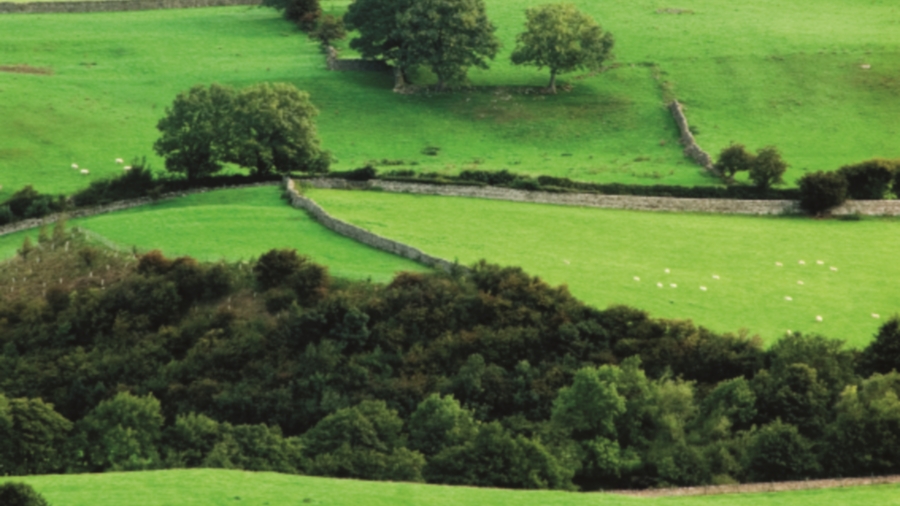Countryside broadband slammed again by MPs
PAC attack

Sign up for breaking news, reviews, opinion, top tech deals, and more.
You are now subscribed
Your newsletter sign-up was successful
Getting decent broadband deals connectivity to the UK's remote areas has been a contentious issue for some time and today a group of MPs has again criticised the way the government has gone about it.
The Commons Public Accounts Committee (PAC) has published a report damning the government for using only BT to provide the necessary infrastructure.
There's not much money in providing a decent network to the relatively few people who live in remote areas of Britain, with ISPs preferring to concentrate on heavily populated areas like towns and cities.
Pacman
But leaving rural residents on slower - and sometimes non-existent - internet connections will lead to a big divide in what technologies countryside residents are able to use versus what city dwellers can.
While some cities are zipping along on fibre optic broadband, replacing their Blu-ray collections with HD streams and their music library with Spotify, these activities just aren't possible on the slower, lower-bandwidth and generally less reliable connections available out in the sticks - nevermind the business disadvantages this leaves farmers with, for example.
Realising that private companies weren't about to invest in a non-money spinner like rural broadband, the government pledged around £500 million to pay for super fast broadband to reach every county in the UK.
Only Fujitsu and BT applied to win the rural contracts: BT has been chosen for 26 of the 44 contracts so far, and "is expected to win" the last 18 too, according to the BBC.
Sign up to the TechRadar Pro newsletter to get all the top news, opinion, features and guidance your business needs to succeed!
The PAC says that awarding all of these contracts to one company is anti-competitive and claims that the Department for Culture, Media and Sport is just handing out money to BT without checking its "wildly inaccurate" estimated costs, or promoting "value for money".
The DCMS disagrees, of course. It said in a statement that the PAC "fails to recognise that thousands of rural premises who have never had a decent broadband supply are now getting one, something that is vital for farmers, rural businesses and all those who live outside major cities."
The whole rural broadband debacle has dragged on over several years, with the rollout originally intended to complete in 2015 - that target has been pushed back to 2017.
Former UK News Editor for TechRadar, it was a perpetual challenge among the TechRadar staff to send Kate (Twitter, Google+) a link to something interesting on the internet that she hasn't already seen. As TechRadar's News Editor (UK), she was constantly on the hunt for top news and intriguing stories to feed your gadget lust. Kate now enjoys life as a renowned music critic – her words can be found in the i Paper, Guardian, GQ, Metro, Evening Standard and Time Out, and she's also the author of 'Amy Winehouse', a biography of the soul star.